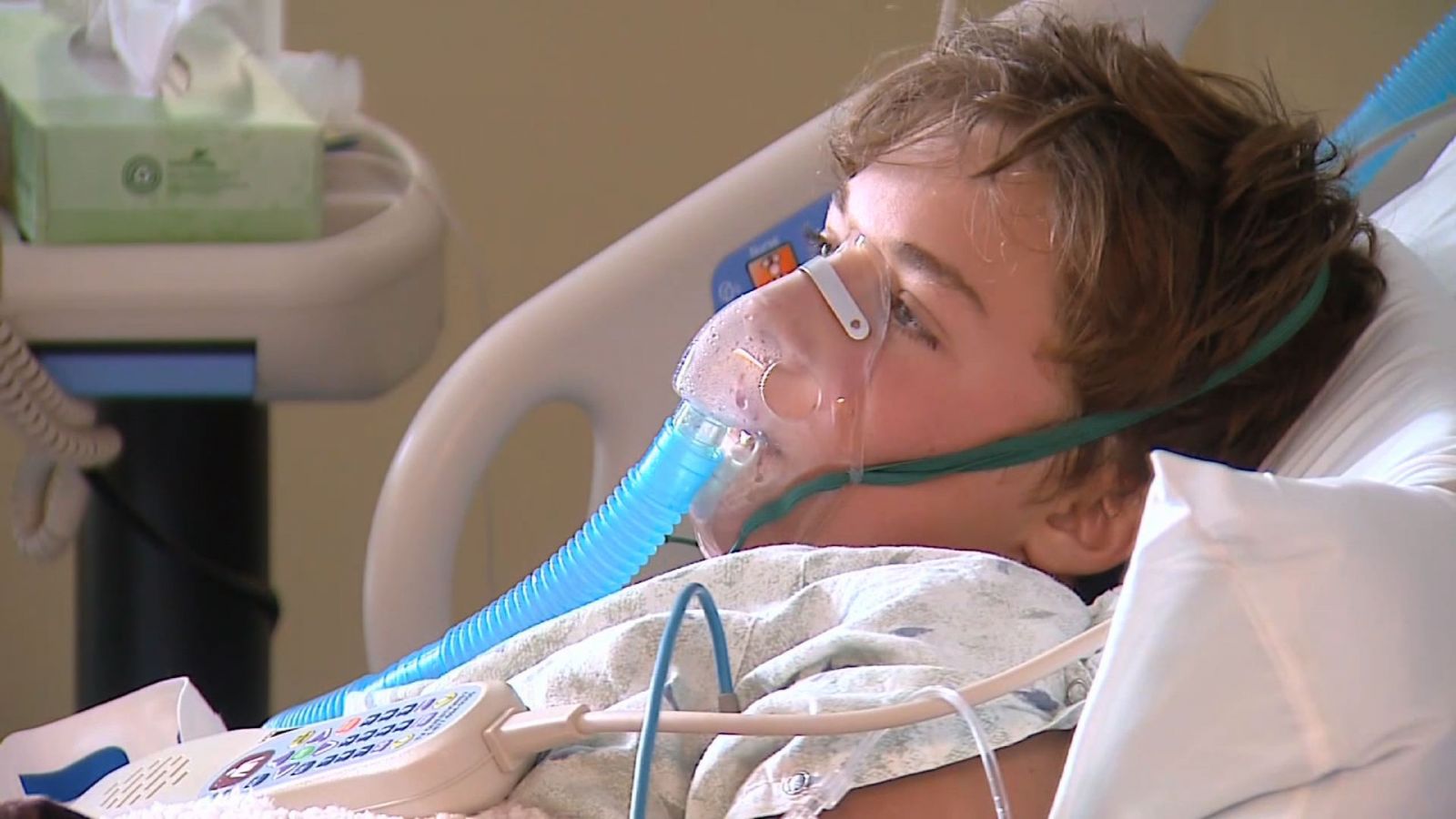WARNING! COVID-19 Pediatrics: More Children With COVID-19 Discovered To Be Inflicted With Neurological Symptoms
Source: COVID-19 Pediatrics Jul 04, 2020 5 years, 7 months, 3 weeks, 1 day, 2 hours, 5 minutes ago
COVID-19 Pediatrics: Researchers from the University College London Institute of Neurology are warning that children with COVID-19 may present with new neurological symptoms involving the central and peripheral nervous systems, and splenial changes on imaging.

The new research findings were published the journal:
JAMA Neurology.
https://jamanetwork.com/journals/jamaneurology/fullarticle/2767979
Dr Omar Abdel-Mannan, M.D., from Great Ormond Street Hospital for Children in London and also from University College London and colleagues reported neurological manifestations of children with COVID-19 in a case series involving patients younger than 18 years. Data were included for 27 patients with COVID-19 pediatric multisystem inflammatory syndrome.
The medical researchers found that four of the patients (14.8 percent) who were previously healthy had new-onset neurological symptoms, including encephalopathy, headaches, brainstem and cerebellar signs, muscle weakness, and reduced reflexes.
All four required intensive care unit admission for treatment. In all four patients, splenium signal changes were seen on magnetic resonance imaging of the brain. Samples were acellular in the two patients whose cerebrospinal fluid was tested, with no evidence of infection on polymerase chain reaction or culture and negative oligoclonal band test results. A mild excess of slow activity was found in all three patients who underwent electroencephalography. Mild myopathic and neuropathic changes were seen in all three patients who underwent nerve conduction studies and electromyography. In all patients, there was neurological improvement, with two patients making a complete recovery by the end of the study.
A key observation in this cohort was the acute splenial lesions seen on neuroimaging in all 4 patients. Reversible lesions of the SCC are rare but have been previously reported in patients with encephalopathies and are thought to represent focal intramyelin edema secondary to inflammation. In a multicenter study from Japan of 15 adult patients, a variety of viral prodromes were reported in 5 patients; these were influenza A (n = 1), mumps (n = 2), adenovirus (n = 1), and varicella-zoster virus (n = 1). Other differential diagnoses of splenial lesions include ischemia, posterior reversible encephalopathy syndrome, severe electrolyte disturbances, and lymphoma. Interestingly, a typical, transient, oval-shaped lesion in the median aspect of the SCC, either in isolation or with more extensive brain involvement, has also been reported in children with Kawasaki disease.
Similar to the previous 2009 influenza A (H1N1) virus pandemic, the neurological symptom findings have not demonstrated neurotropism, and the pathobiology has been considered secondary to an immune-mediated causative mechanisms. A number of neuroimmune disorders are known to occur in close timing to viral infection; examples are in children who develop anti–
N-methyl-d-aspartate receptor encephalitis after recovery from herpes simplex virus encephalitis and those who develop a primary CNS vasculitis a
fter varicella-zoster virus infection. The phenotype of the cohort raises the possibility of a virus-specific immunological syndrome. A plausible mechanism would be exposure of the immune system to new CNS antigens as a result of blood-brain barrier damage from SARS-CoV-2, which causes endotheliopathy and leads to an immune-directed attack on the CNS.
Alternatively, the neurological symptoms may be part of the systemic autoinflammatory disease in keeping with the raised systemic inflammatory markers seen in our cohort. The combinations of both CNS and peripheral nervous system symptom profiles are rare in pediatrics but can be seen in children with hemophagocytic lymphohistiocytosis. This condition, which can be either genetic or acquired, is traditionally characterized by a cytokine storm with multiorgan dysfunction. More recently, isolated CNS presentations have also been reported. Similarly, neurological symptoms secondary to cytokines storms were reported in 23 of 51 pediatric and young adult patients (45.1%) receiving chimeric antigen receptor–modified T-cell therapy.
The researchers warned, "Clinicians should be adding SARS-CoV-2 to their differential diagnosis for children presenting with new neurologic symptoms."
For more on
COVID-19 Pediatrics, keep on logging to Thailand Medical News.
HELP! Please help support this website by kindly making a donation to sustain this website and also all in all our initiatives to propel further research: https://www.thailandmedical.news/p/sponsorship
